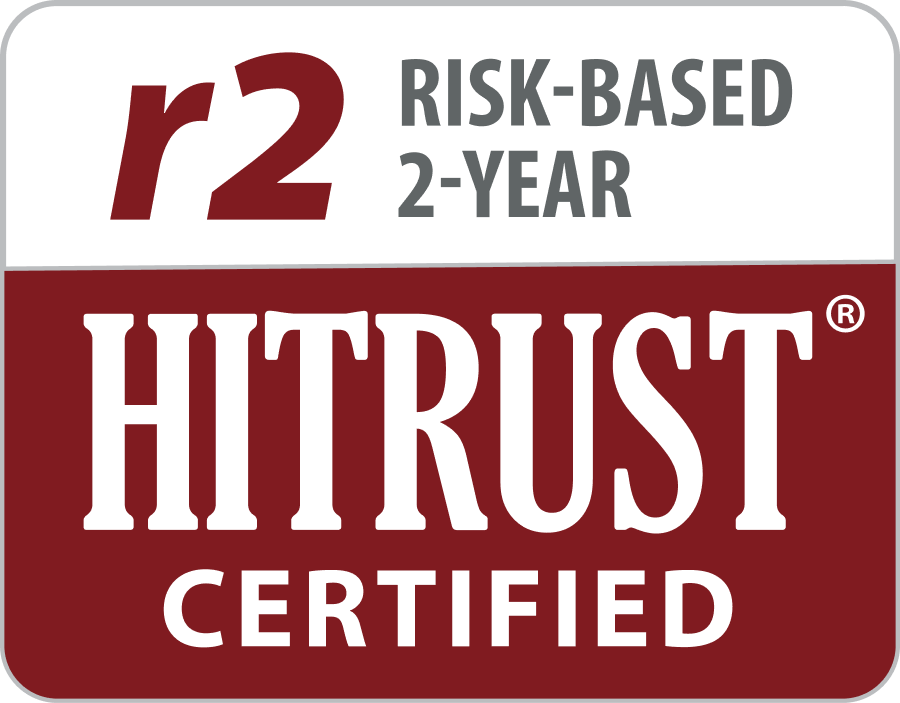One reason a comprehensive risk adjustment compliance program is critical is that identified overpayments may be recouped through risk adjustment data validation (RADV) audits. Given potential financial and reputational harm due to ICD-10 diagnosis code inaccuracies, health plans and risk-bearing provider groups are becoming increasingly proactive in their efforts to identify and fix instances of non-compliance. Effective and scalable programs that drive ICD-10 diagnosis code accuracy are dependent on advanced analytics rooted in clinical expertise. The OIG has identified three areas of concern:
Acute Strokes and Heart Attacks
Serious and life-threatening strokes and heart attacks often require significant medical care. Recent OIG studies identified that ICD-10 codes associated with active heart attacks and strokes that occur only in an office setting are often not supported by the office visit clinical documentation. Strategies to proactively address inaccurate stroke and heart attack ICD-10 codes focus on the timing and types of care that a member receives relative to the encounter date of the heart attack or stroke.
Cancers
OIG studies identified ICD-10 diagnosis codes associated with three prevalent types of cancer—breast, colon and lung—as areas of particular concern. Advanced analytics that focuses on the lack of chemotherapy or radiation therapies are often deployed to pinpoint instances of potential diagnosis inaccuracy. Collaboration between clinicians and data teams is key in identifying the right diagnostics, procedures, and therapeutic classes associated with active therapies.
Potentially Mis-Keyed ICD-10 Diagnosis Codes
Any time data or information is manually keyed into a system, there is room for error. The OIG studies identified instances of potentially miskeyed diagnosis codes as a subset of ICD-10 diagnosis codes that are often not supported by clinical documentation. Advanced data mining supported by sound clinical insights is critical to spot ICD-10 codes that stand out as being potentially miskeyed.
Recent OIG studies identified areas that health plans should actively and rapidly address to ensure ICD-10 accuracy and risk adjustment compliance. Contact ATTAC’s industry experts for additional insights on how to implement best-in-class strategies for risk adjustment program compliance.

